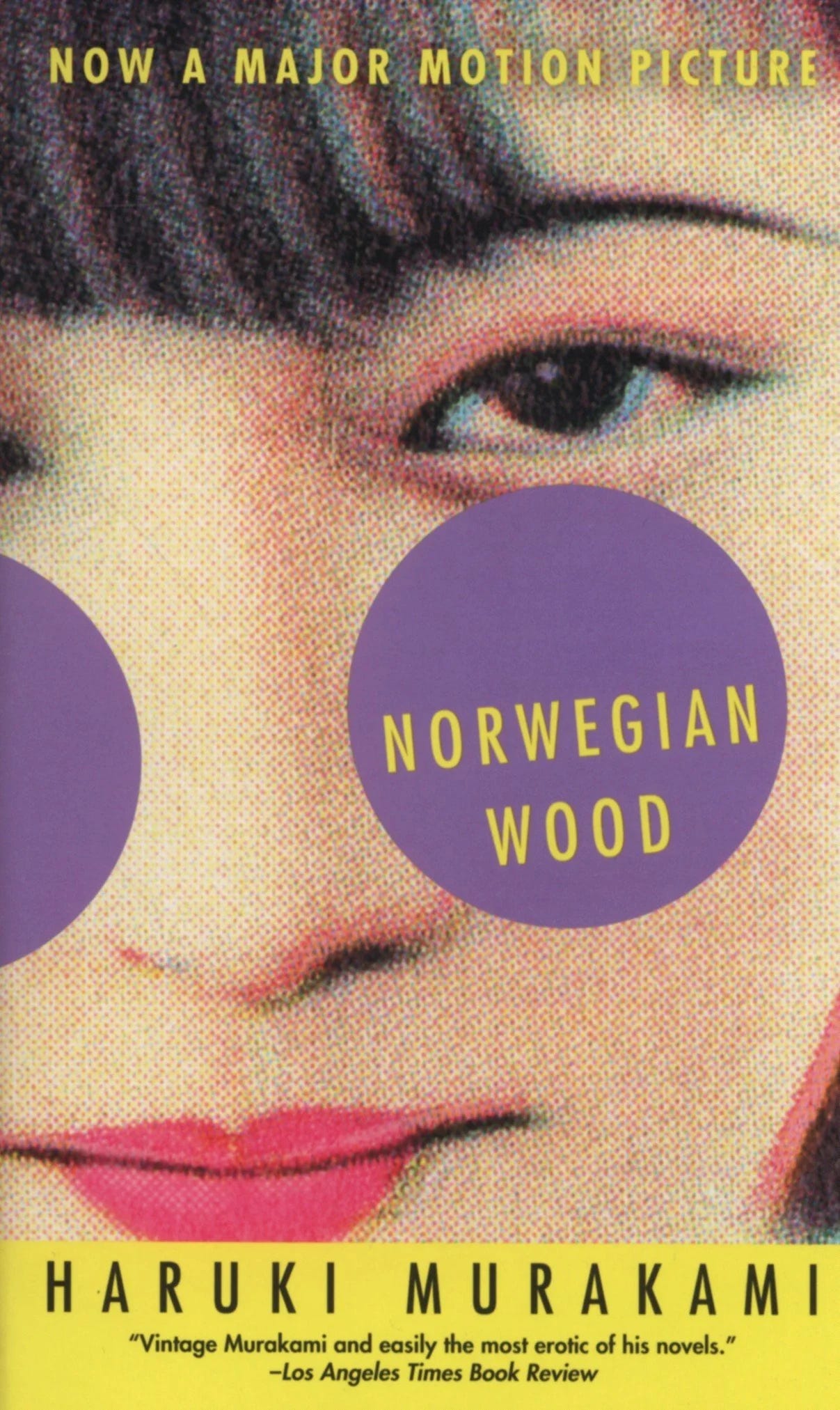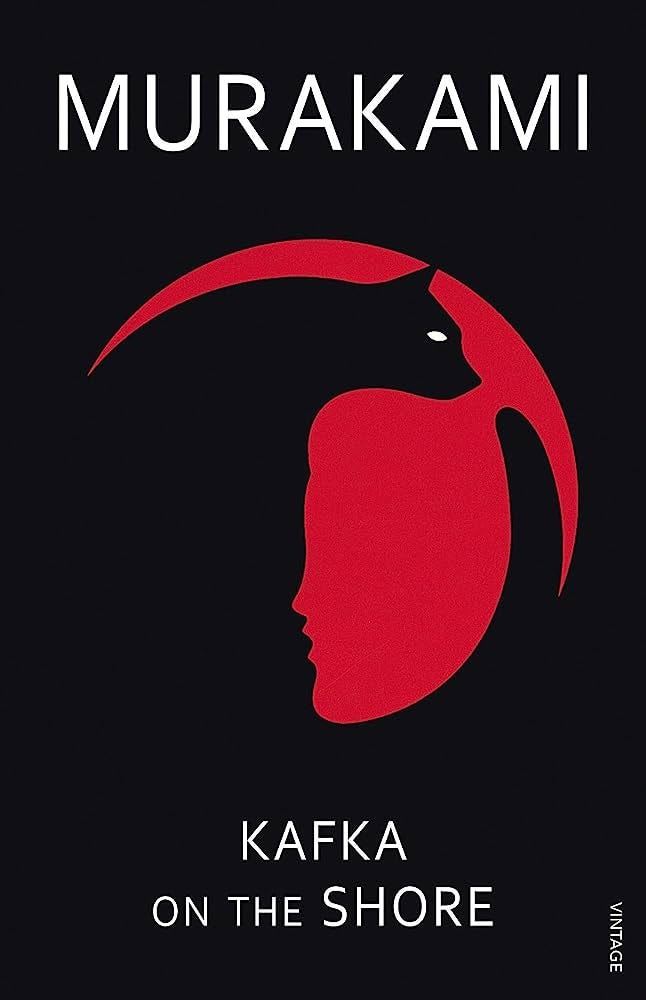Haruki Murakami is a Japanese author whose work has captivated readers all over the world. His novels are known for their surrealism, blending elements of Japanese culture, music, and history into stories that are at once familiar and alienating. This essay will explore the themes and styles present in Murakami's work, as well as the ways in which he engages with contemporary Japanese culture.
One of the most striking aspects of Murakami's work is the way in which he combines the mundane with the extraordinary. His characters often live ordinary lives, working mundane jobs and navigating the complexities of modern relationships. But beneath the surface, there is always something strange and otherworldly going on. In novels like The Wind-Up Bird Chronicle and 1Q84, for example, characters are transported to parallel universes, experience supernatural phenomena, and encounter strange and unsettling entities. This blending of the ordinary and the extraordinary creates a sense of tension that runs throughout Murakami's work.
Another key aspect of Murakami's writing is his use of music as a narrative device. Many of his novels feature characters who are passionate about music, whether it's classical, jazz, or rock. In Norwegian Wood, the protagonist's love of The Beatles becomes a way for him to process the grief and loss he experiences throughout the novel. In Kafka on the Shore, music plays a central role in the character's journey, with classical pieces like Schubert's Piano Sonata No. 21 and Beethoven's Symphony No. 7 punctuating the narrative. Murakami's use of music creates a rich and immersive world for readers, one that is deeply connected to the characters and their emotional experiences.
At the same time, Murakami's work is deeply rooted in contemporary Japanese culture. His novels often explore themes like alienation, loneliness, and social disconnection, all of which are prevalent in modern Japanese society. In Hard-Boiled Wonderland and the End of the World, the journey through a surreal landscape can be seen as a metaphor for the challenges faced by Japanese youth as they navigate a rapidly changing society. Murakami's work also engages with Japan's history and mythology, blending traditional tales with modern themes and motifs. This fusion of the old and the new is a hallmark of Murakami's style, and one that speaks to the complex and multifaceted nature of Japanese culture.
It's worth noting that Murakami's work is often characterized by a sense of melancholy and longing. His characters are often searching for something, whether it's a lost love, a sense of purpose, or a connection to the past. This search can be seen as a reflection of Murakami's own experiences as a writer and a Japanese citizen. In a society that is rapidly changing and often disorienting, Murakami's work provides a sense of grounding and continuity, a way to connect with the past and navigate the complexities of the present.
Haruki Murakami is a writer whose work is deeply connected to contemporary Japanese culture, blending elements of tradition and modernity into narratives that are at once surreal and deeply human. His use of music, mythology, and language creates a rich and immersive world that speaks to the complexities of modern life. At the same time, Murakami's work is characterized by a sense of longing and melancholy, a reflection of the challenges faced by individuals and societies alike in an era of rapid change and uncertainty. For readers who are looking for a unique and immersive literary experience, Murakami's work is not to be missed.
Here are three books to tempt you even further to read something by this amazing writer.
Norwegian Wood.
A poignant exploration of love, loss, and self-discovery set against the backdrop of 1960s Tokyo. Murakami weaves a mesmerizing tale, blending melancholy with moments of profound beauty. The characters' struggles resonate, making it a timeless and emotionally resonant read.
Kafka on the Shore.
A surreal and enigmatic journey that intertwines the lives of a runaway teenager and a reclusive, mysterious man. Murakami's narrative prowess unfolds a dreamlike tapestry, combining magical realism, philosophical depth, and a touch of the absurd. Kafka on the Shore is a mind-bending experience that lingers in the reader's thoughts.
1Q84.
This sprawling, intricate novel that seamlessly blends multiple narratives, alternate realities, and a touch of dystopia. Murakami's storytelling prowess shines as he crafts a mesmerizing and thought-provoking narrative. "1Q84" is a literary labyrinth that captivates with its complexity and leaves readers contemplating its rich layers long after the final page.







Thank you dear x
Love these books. Kafka on the Shore is probably my favorite among his novels. But his short stories are extraordinary and mysterious as well. Too many to select a favorite.